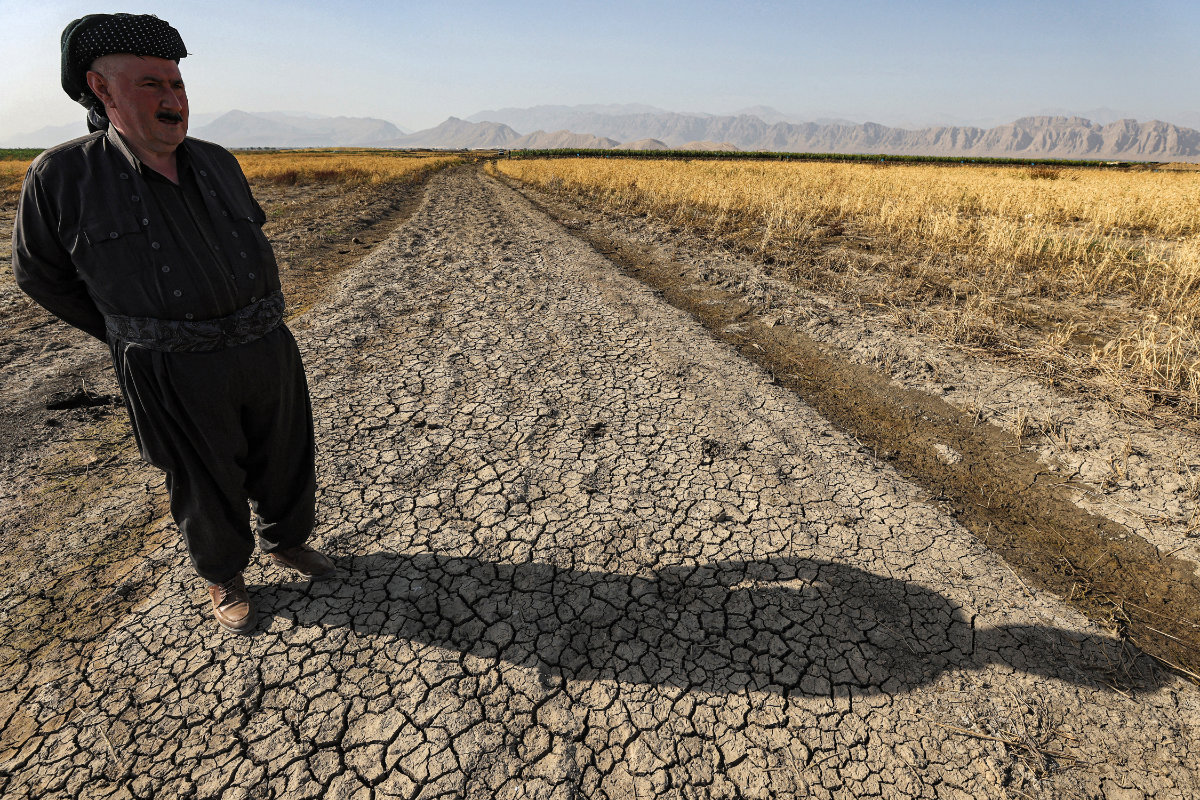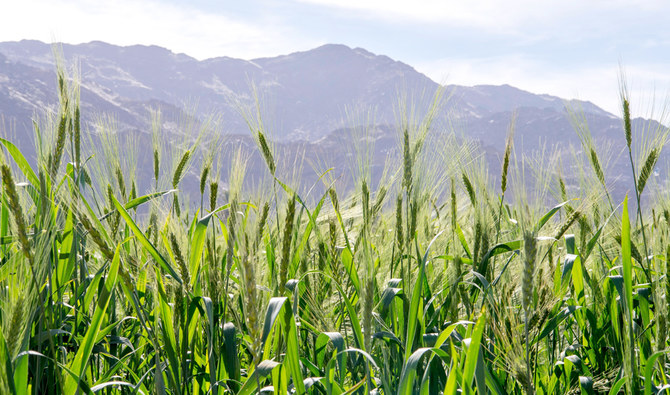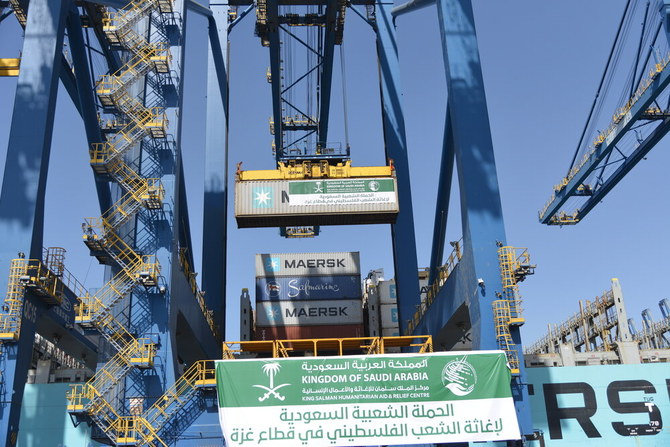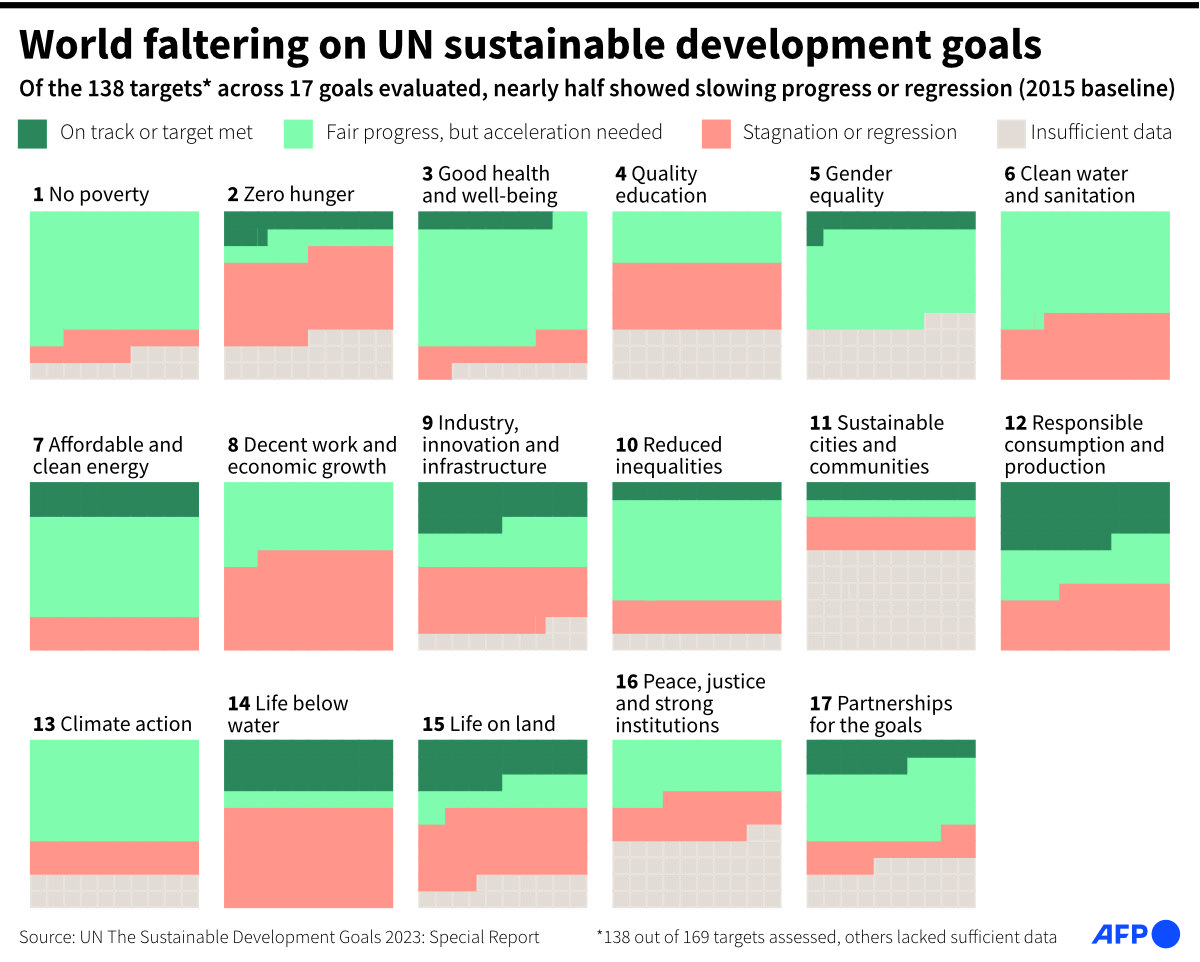LONDON: Palestinian Prime Minister Mohammed Shtayyeh on Friday called for an end to Israeli aggression against the Palestinian people in the Gaza Strip and the West Bank, news agency Wafa reported.
Shtayyeh made the remarks during a meeting with Portuguese Foreign Minister Joao Gomes Cravinho and Slovenian Foreign Minister Tanja Fajon at his office in Ramallah.
“We want to stop the comprehensive aggression launched by the occupation forces against our people in Gaza and the West Bank,” Shtayyeh said, calling for Israel to be held responsible for opening all crossings to bring humanitarian aid into Gaza and not limiting the entry of aid through the Rafah crossing with Egypt.
He also called for Palestinians to be allowed to return freely to their homes in the northern Gaza Strip.
Ministry of Foreign Affairs and Expatriates// Calls on the #Security_Council to respond to the #humanitarian appeal and stop the war, in light of the massive destruction and unprecedented humanitarian catastrophe revealed by the ceasefire.#Gaza_under_attack#CeasefireNow… pic.twitter.com/yum3h3tzzX
— State of Palestine - MFA (@pmofa) November 24, 2023
The prime minister said that the attacks of the occupation forces and extremist settlers in the West Bank must be stopped, stressing that there was an urgent need for international intervention to release Palestinian tax funds held by the occupation government.
Shtayyeh called for the forming an international front to recognize the Palestinian state, support its full membership in the UN, end the occupation and implement a two-state solution.
“There must be a comprehensive political solution in all Palestinian territories to end the occupation and preserve the unity of the Palestinian people and lands,” he said.
During a separate meeting in Ramallah, Shtayyeh urged British Foreign Secretary David Cameron to pressure Israel to stop its war against the Palestinian people and their land and money, and stop the genocide in the Gaza Strip.
“We reject the forced displacement of our people,” he said, adding that this was an Israeli plan aimed at targeting civilians and pushing them south, by making life impossible in the besieged enclave through collective sanctions and blocking humanitarian aid.
“We reject the continuation of the Israeli military presence in the Gaza Strip and the expansion of the buffer zone along the Gaza-Israel borders to run deeper into the territory.”
The prime minister highlighted the need to pressure Israel to open all crossings to facilitate the entry of humanitarian aid, and to think of the postwar situation by creating conditions for a comprehensive political solution based on international law, UN resolutions and the Arab Peace Initiative.
Shtayyeh also called on Cameron to support the Palestinian bid for full membership of the UN to achieve a two-state solution and warned of the seriousness of the situation in the West Bank due to the increasing attacks by Israeli settlers, and the violations of the army, including daily raids, killings, detentions and appropriation of land.
The prime minister urged Cameron to pressure Israel to transfer Palestinian tax funds in full and without any deductions, stressing that deducting more than 600 million shekels ($160 million) from the Palestinian Authority’s tax funds left the government unable to implement its obligations.
Meanwhile, the Palestinian Ministry of Foreign Affairs and Expatriates called on the UN Security Council to respond to the humanitarian appeal and stop the war, in light of the massive destruction and unprecedented humanitarian catastrophe revealed by the cease-fire.
“Despite the restrictions and bans imposed by the occupation authorities on journalists and the media to hide the truth about the crimes, massacres and massive destruction they committed in the Gaza Strip and its north in particular, what has been published so far and in light of the truce reveals, even partially, the scale of the disaster, which occurred in the Gaza Strip as a result of the brutal bombing of homes, towers, facilities and institutions of all kinds,” the ministry said in a statement.
It said the “unprecedented scale of the disaster and the human tragedy that citizens in the Gaza Strip are experiencing, whether those who remained in the north or were displaced to the center and south, represents a situation that has been imposed on them by the occupation forces ... who have left them without water, food, electricity, medicine, and fuel.”
The ministry called on the international community and all parties to quickly respond to the call, help protect them, and for the UN Security Council to assume its responsibilities to end the war, guarantee the return of the displaced, and provide all basic needs of the Palestinian people in the Gaza Strip.



































